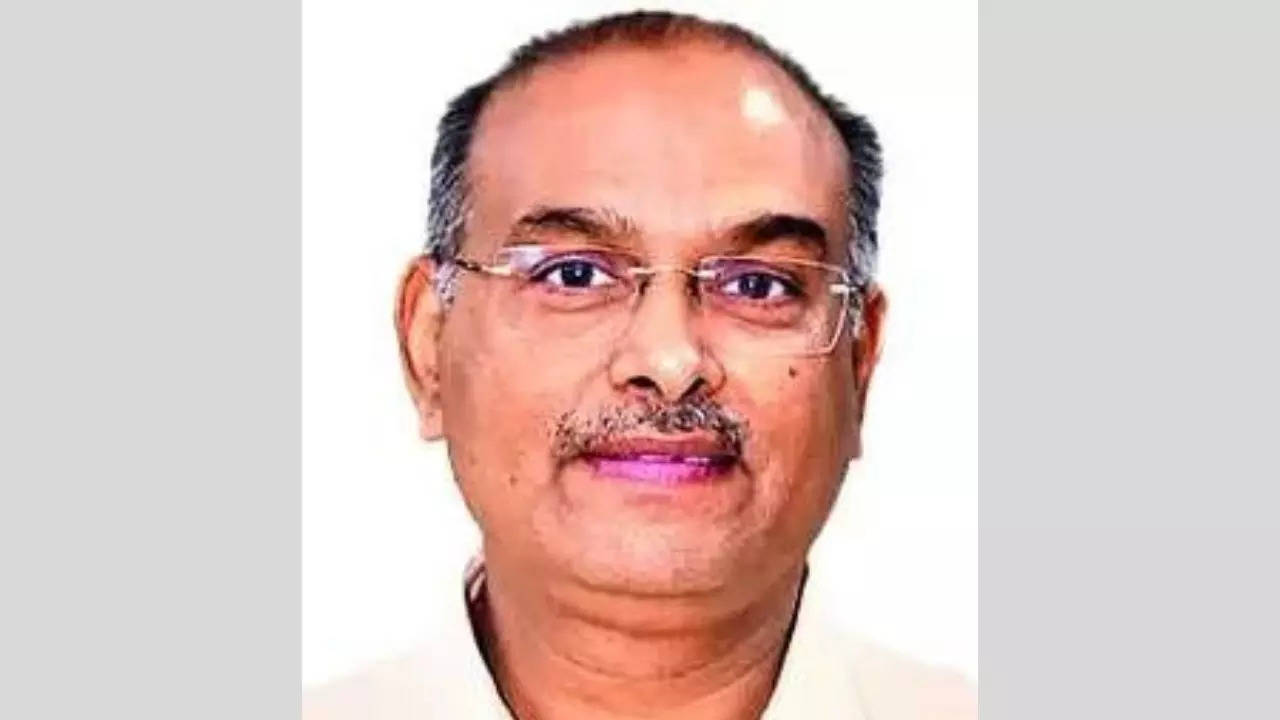Manash Pratim Gohain
In light of the NEET-UG controversies and paper leaks, and the decision to revert to the pen-and-paper mode for UGC-NET and CUET-UG, Pathak, also the vice-chancellor of Chhatrapati Shahu Ji Maharaj University (formerly Kanpur University), in an exclusive interaction with TOI, discussed the future of exams.
He advocated for technology-driven adaptive testing, similar to the GRE and TOEFL, as a “progressive solution”. He also stressed that in addition to entrance tests, university admissions should incorporate multiple evaluation methods, including Board exam scores, group discussions, and personal interviews.
While the govt considers adopting a JEE-style online test format for entrance exams conducted by the National Testing Agency (NTA), Pathak highlighted the drawbacks of centralisation. “Over-centralising exams, where a single test determines a student’s future, is fraught with risks. In engineering, for instance, moving from single-threaded to distributed systems improved reliability because if one part fails, others can still function. Similarly, decentralised exams could localise the impact of any single point of failure, like a paper leak,” he said.
Pathak highlighted adaptive testing as a promising solution, explaining that it adjusts to the test-taker’s ability level in real time. “Technologies like AI can create personalised tests that are both secure and fair. Tests like the GRE and TOEFL have successfully implemented adaptive testing, minimising the chances of leaks and ensuring a more accurate assessment of student abilities,” he said.
Limiting students to a single exam can be detrimental, leading to undue stress and even mental health issues, Pathak pointed out. “That’s why you’re seeing lots of depression during medical entrance tests and many suicides. While multiple exams have their own pressures, they also release pressure differently,” he added.
Multiple chances allows students to perform to their potential across, mitigating the impact of a bad day. “Exams like JEE-Mains, which now allow multiple attempts, provide a useful model,” he said.
Pathak stressed that admissions based on a single entrance test score are not ideal. Instead, he suggested that “a comprehensive evaluation system should combine various metrics, including standardised test scores, academic performance, recommendations, and personal interviews. This approach, used by top universities globally, offers a more rounded assessment of a student’s capabilities.” He pointed out that entrance exams currently test whether students know what the examiner knows, not what the students know.
Regarding the recent issues of paper leaks and irregularities in major exams, Pathak emphasised the importance of maintaining the integrity of the exam process. “Public trust in the system can be bolstered by transparency and consistent performance from testing agencies. As seen with exams like JEE Advanced and UPSC, when the process is perceived as fair, it garners respect and confidence from students and society alike,” he said.



